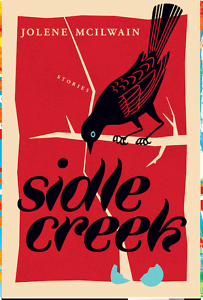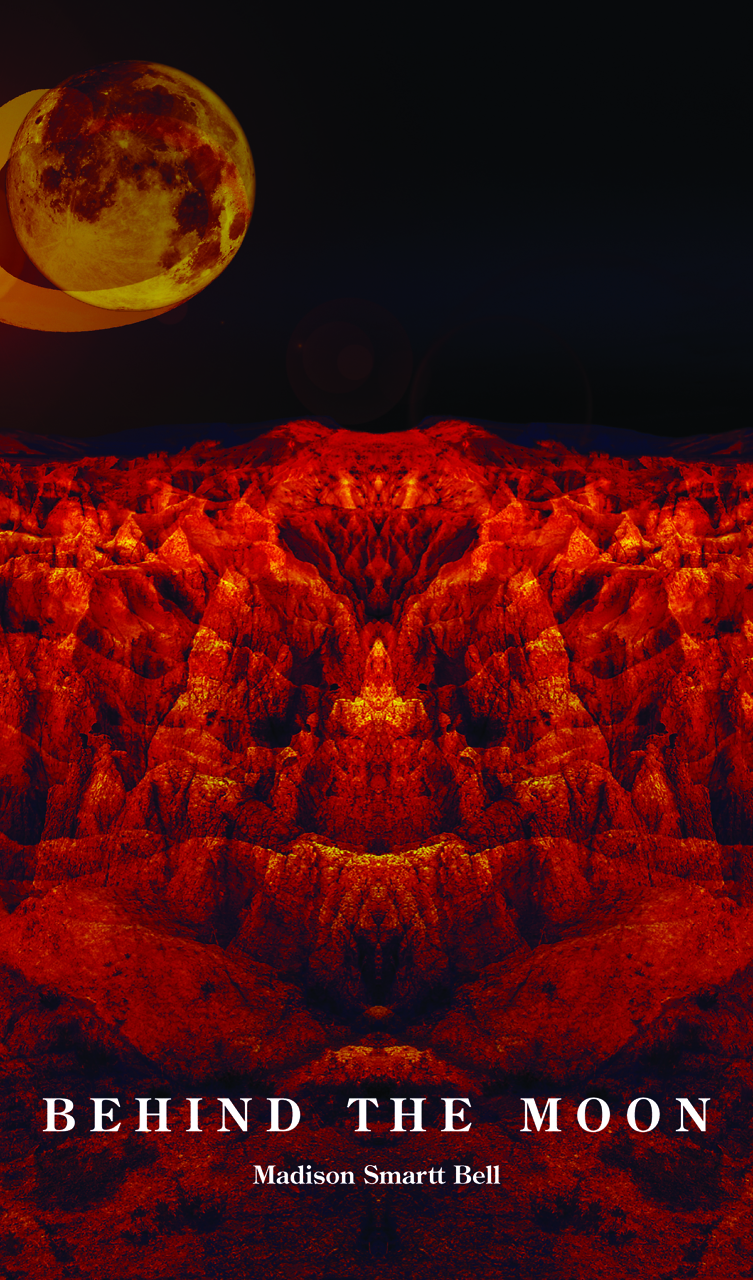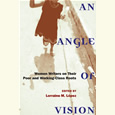Love of Place and People
Jolene McIlwain’s Sidle Creek offers a vivid portrait of small-town Appalachia
In her debut story collection Sidle Creek, Jolene McIlwain fashions a world and characters as complicated as they are enduring. These stories let us come to know a small Appalachian community in Western Pennsylvania through its people, from hunters to diner workers to miners.

In “Seed to Full” we meet a mill worker who loses himself in his work while coping with grief. The wood is the only thing he has control over, and his voice carries us into his obsession. He says, “I can tell you exactly what each [saw] cut will do. I can tell you what type of cut is best for each kind of job: quartersawn, rift-sawn, flat-sawn. I can tell you what type of wood or how wet it is by the sound it makes when it meets the blade.” Later he describes the casket he’s made and says, “I used poplar, known for its grain, uniformity of texture, its light weight.” The physical object, making sure it’s perfect, is all he can bear to confront.
In “The Fractal Geometry of Grief,” we meet another man, Hubert, who deals with his wife’s death by losing himself in the majesty of the woods she loved. He is a mathematician who is brought to see the logic in the natural world around him and speaks to his son of this relationship:
“See the patterns, the way the seeds grow. The same, this curve. The patterns. Everywhere. The Golden Ratio! Look at this one.” [Hubert] pointed to another picture where his son was sure to see it. “Your mother was right. Math is right here. She’s right. Right here. She’s still showing me. And here, here she is.” He flipped through the dozens of photos of his doe taken by the infrared light on the trail cam and then by the light of the morning and evening sun. “Isn’t she just beautiful?”
 McIlwain’s lyrical prose is captivating. In other hands, such beautiful writing might overwhelm the storytelling, but McIlwain’s skillfulness and intentionality draw us in. Each word she chooses feels deliberate. Each scene is pristinely set so we know the work she put into understanding these lives. The care she takes with the characters compensates for some of the more timeworn Appalachian narratives found in the stories: Rugged locals taking on self-indulgent city folk. Cockfighting and dogfighting fathers who go too far. “Sighted” men and women who can read futures in the world around them — palms, tea leaves, and bird shells. McIlwain’s love for this place and these people adds nuance to what might otherwise feel overdone.
McIlwain’s lyrical prose is captivating. In other hands, such beautiful writing might overwhelm the storytelling, but McIlwain’s skillfulness and intentionality draw us in. Each word she chooses feels deliberate. Each scene is pristinely set so we know the work she put into understanding these lives. The care she takes with the characters compensates for some of the more timeworn Appalachian narratives found in the stories: Rugged locals taking on self-indulgent city folk. Cockfighting and dogfighting fathers who go too far. “Sighted” men and women who can read futures in the world around them — palms, tea leaves, and bird shells. McIlwain’s love for this place and these people adds nuance to what might otherwise feel overdone.
McIlwain is able to put us in the minds of these characters, placing us in their heartache and grief, leaving us as desperate for answers as they are. We don’t just witness Hubert flipping through the pictures; we enter his experience, as if his fingers are ours, and we can feel his words rising in our throats as he implores his son to understand.
But it’s not just the climactic moments where McIlwain shines. It’s also in the simple descriptions. In a piece called “Licking the Chocolate Glassine,” she opens with a woman trying to remember her childhood:
If she pushes way back, she can remember the smell of Smitty; old man, dirt, grease, and gasoline. She can see his stubble, the snuff-spittled amber lines from the corners of his mouth, the way he lifted his hip to drag his bad leg across the tiny lot, and she can still hear the clug, clug, clug of the motors that won’t give up after the key’s turned off, and the heavy slam of the hood after Smitty checked oil and wiped his fingers on his dungarees, the rusty unscrewing of the gas caps.
Through the color of the snuff running down the man’s face, the drag of his leg, the clug of the motors, we are simultaneously inside this recollection and wondering what will happen when the rewinding stops. Again and again, McIlwain immerses us in her fictional world this way, pulling us into the narrative through careful attention to detail.
While there are moments where we might struggle with the subjects in this collection, McIlwain’s skill takes her work beyond stereotype, allowing us to become lost in stories that let us find ourselves.

Jessica Ciccarelli is a nonfiction writer who graduated from Berea College and holds an M.F.A. from New York University. Her work has appeared in Harvard Review. She lives in Kentucky, where she is working on a memoir set in Louisiana about loss and returning home.


